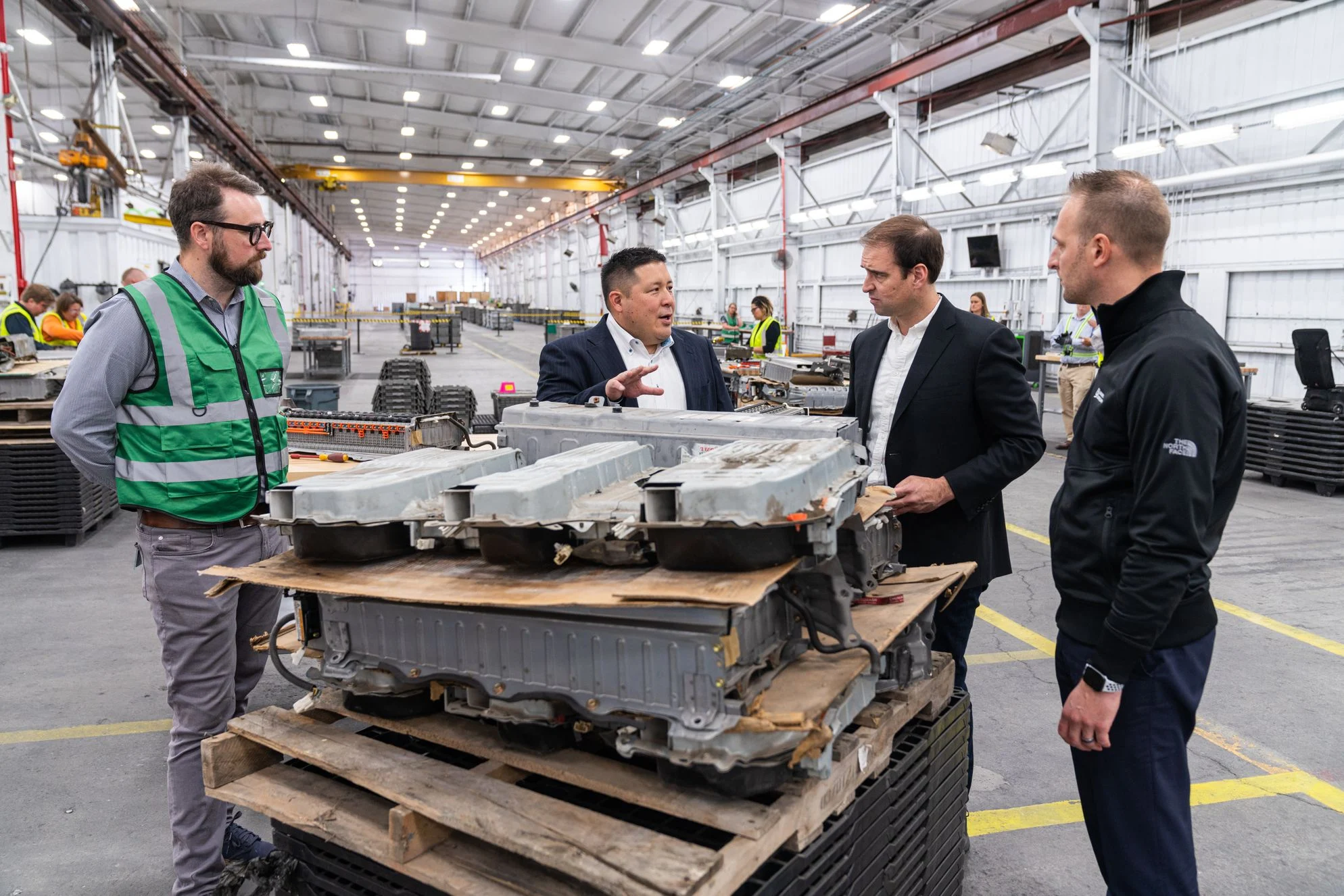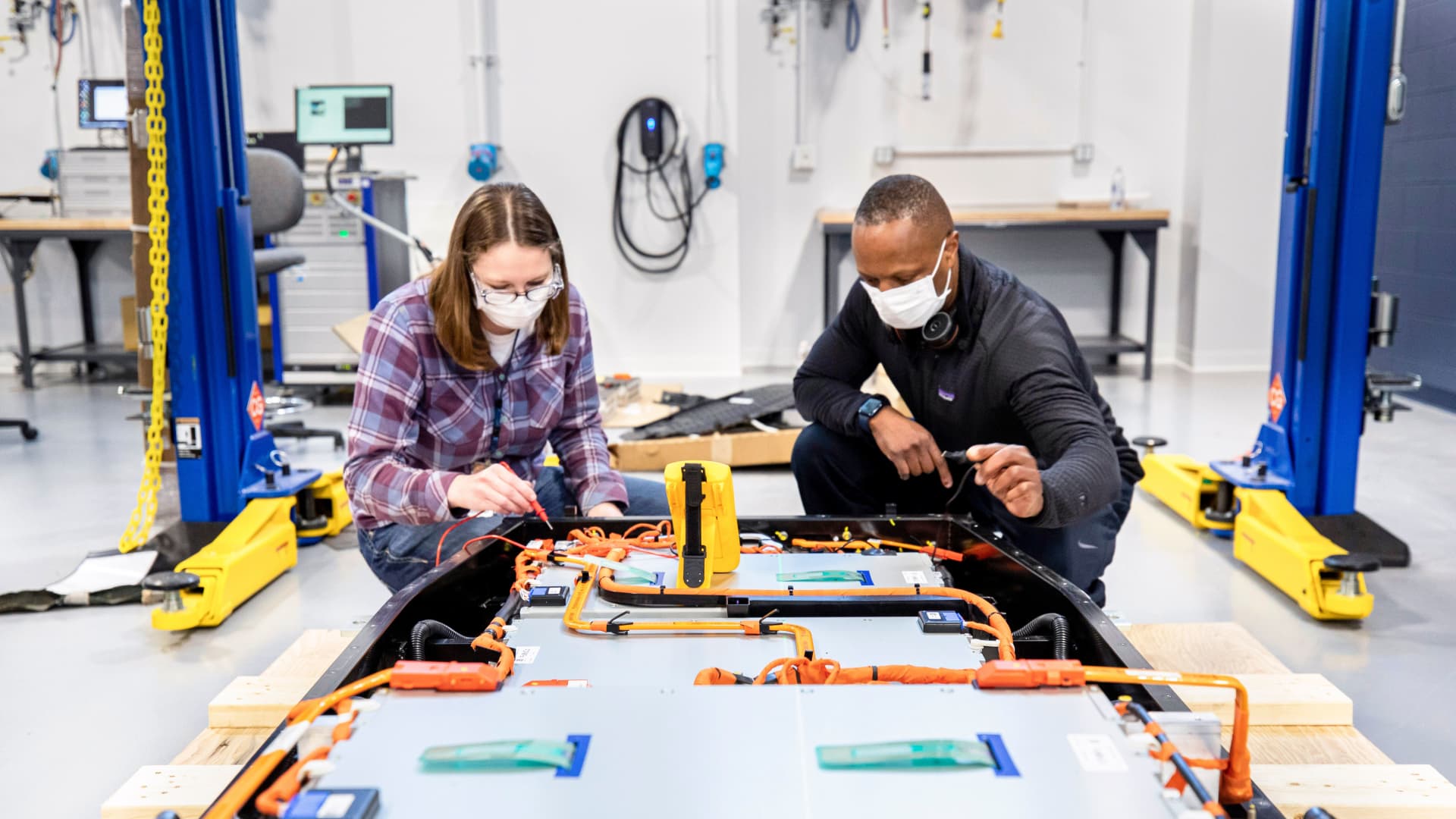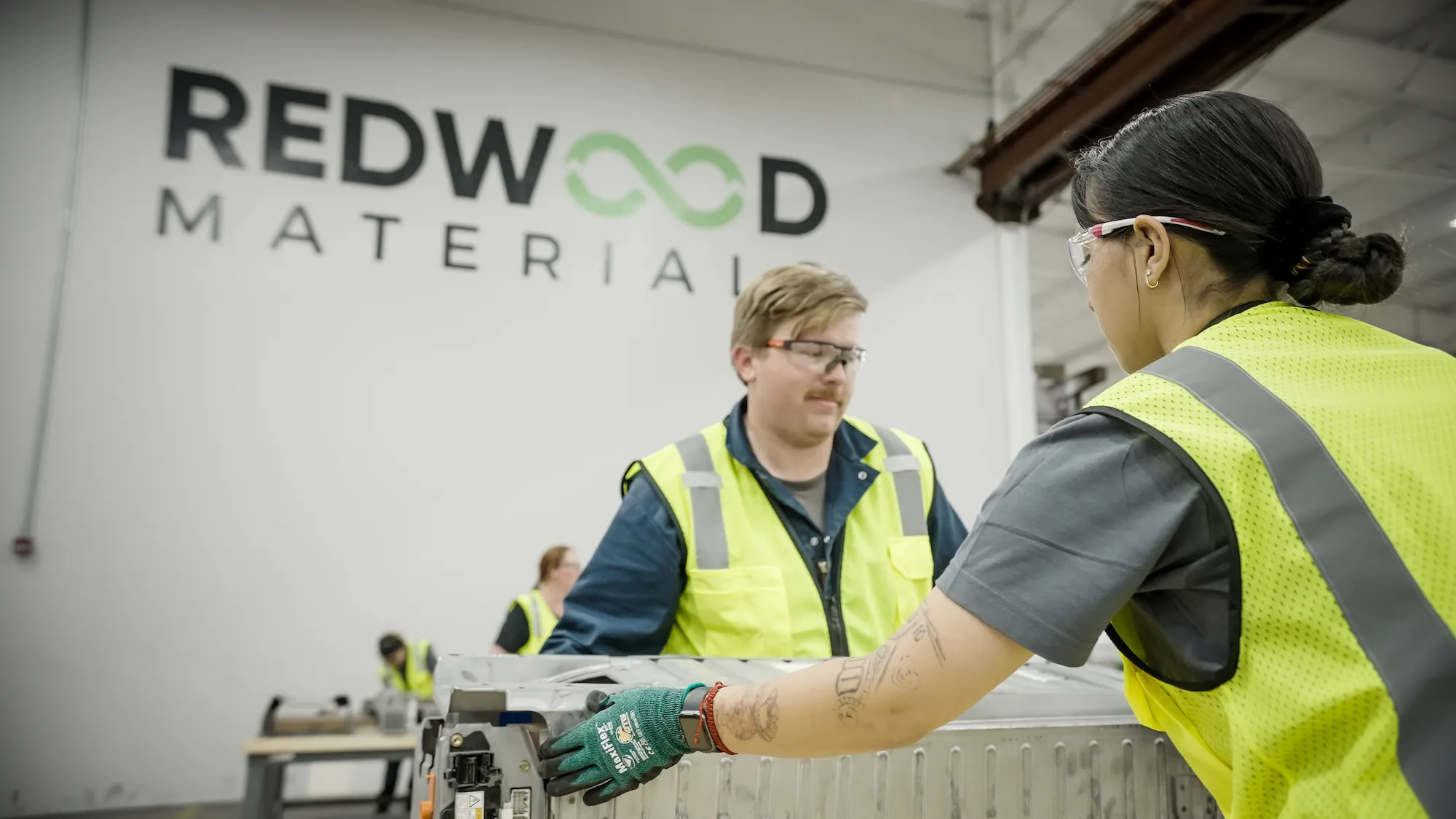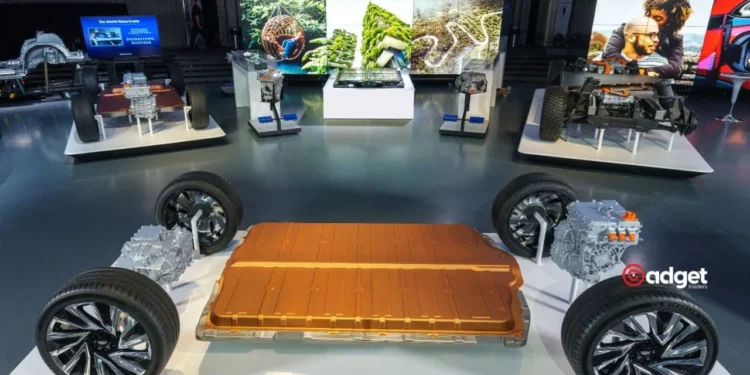In a significant stride toward sustainability, General Motors has announced a groundbreaking partnership with Redwood Materials to tackle the challenge of electric vehicle (EV) battery waste. Founded by JB Straubel, former Tesla CTO, Redwood Materials will now handle the recycling of all EV battery scraps from GM’s facilities in Warren, Ohio, and Spring Hill, Tennessee.
This collaboration not only marks a crucial step in GM’s environmental strategy but also solidifies Redwood’s position as a central player in the EV recycling sector, partnering with Ultium Cells LLC—a joint venture between GM and South Korea’s LG Energy Solution.

A Strategic Collaboration
Redwood’s role extends beyond just recycling; they are set to transform EV battery waste into high-quality materials, subsequently selling them back to their partners for the manufacturing of future batteries. The company boasts a recycling solution that refines essential metals like nickel, cobalt, and copper, reintegrating up to 95% of these critical materials back into battery production.
“The connection with Ultium Cells LLC and the establishment of our recycling capabilities at Redwood signify a pivotal advancement in our approach to sustainable battery technology,” said a spokesperson from General Motors.
Environmental and Economic Impacts
General Motors has emphasized the dual benefits of this partnership: economic and environmental. By lowering production costs and enhancing battery design, General Motors aims to pass on savings to customers while advancing vehicle efficiency through improved aerodynamics and increased passenger comfort.
“Our venture with Redwood allows us to reimagine vehicle design while tackling the environmental challenges posed by battery waste,” GM’s media release stated. Furthermore, Ultium Cells LLC’s operations in Nevada are crucial, with the joint venture facilities projected to produce 80 GWh of battery cells annually. This is bolstered by the construction of a new factory in Michigan, poised to further scale up production.

Broader Industry Implications
This move by General Motors and Redwood comes at a time when the automotive industry is grappling with the transition to electric vehicles, heightened by regulatory pressures to reduce emissions. In a related announcement, GM revealed plans to introduce plug-in hybrids by 2027 to meet stringent fuel efficiency and pollution standards. “Hybrids will be an integral part of our strategy to meet regulatory standards and ensure consumer choice in the face of evolving charging infrastructure,” remarked GM CEO Mary Barra.

General Motors Green Push: Partnering for Sustainability
As General Motors continues to expand its EV lineup with more affordable models like the Equinox, Blazer, and Silverado EVs, and as Cadillac plans to introduce new luxury electric SUVs, the automotive giant is positioning itself as a leader in the transition to a more sustainable and electrified future.
This partnership with Redwood Materials not only underscores GM’s commitment to environmental stewardship but also highlights the growing importance of sustainable practices in the automotive industry. By investing in recycling technologies and embracing circular economy principles, General Motors is paving the way for a greener automotive landscape.










